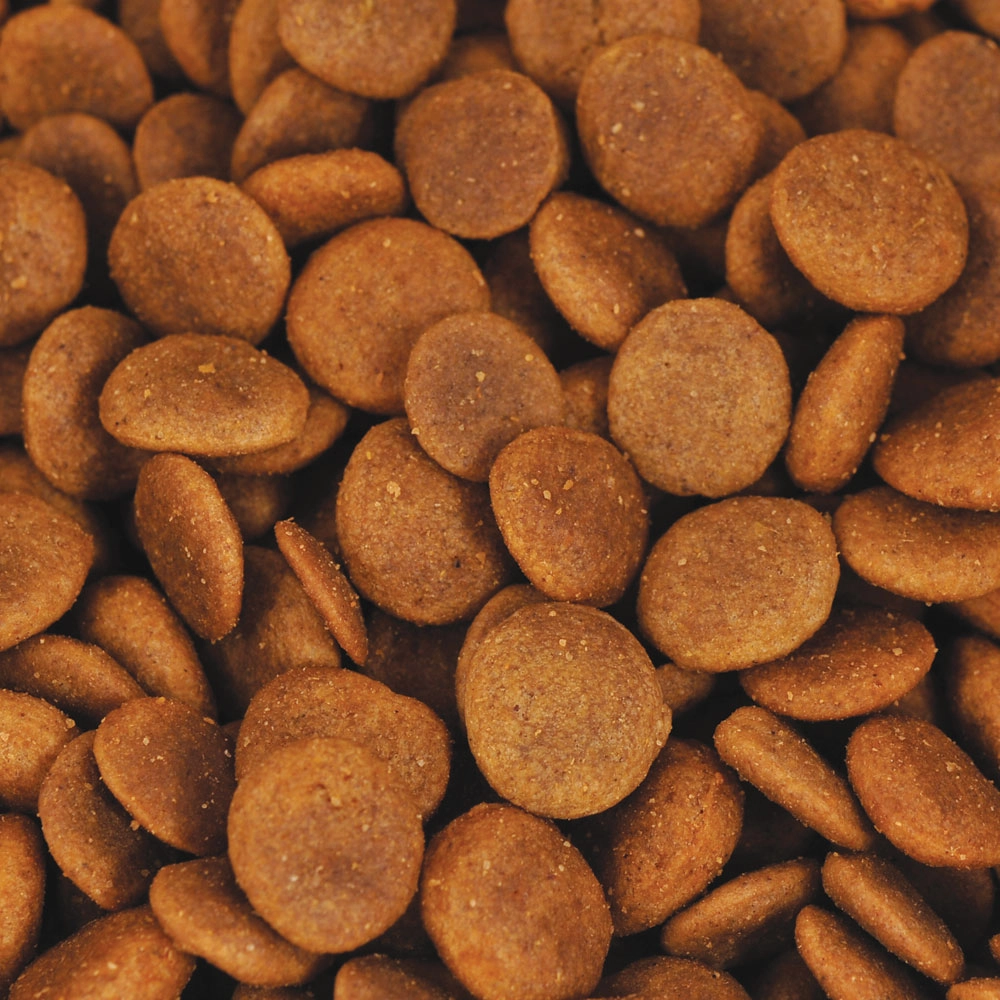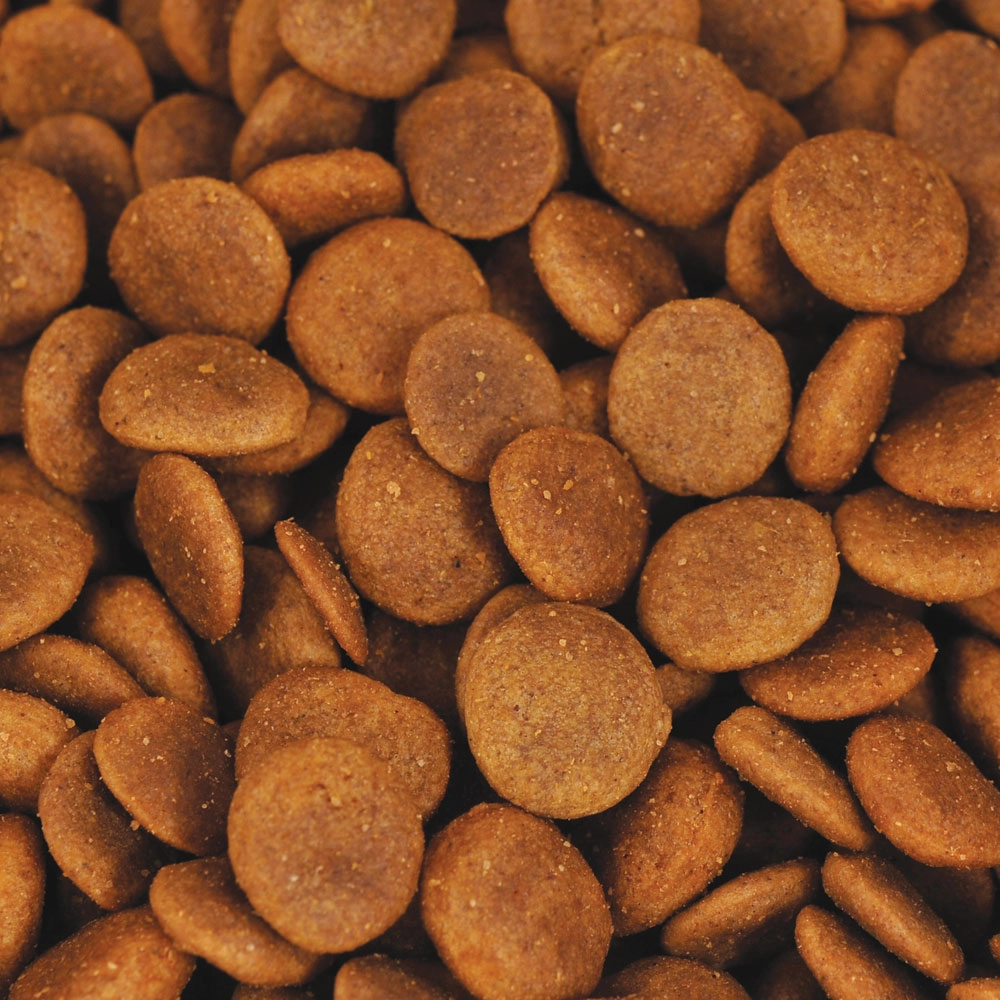Struggling to find the best diet for your Sheepadoodle? Choosing the right nutrition can make all the difference in your pup’s health, energy–
As a Sheepadoodle owner, I know how important it is to feed your furry friend a diet that keeps them thriving. With my experience and insights from the Sheepadoodle community, I’ll share practical advice that goes beyond generic pet food tips.
A tailored Sheepadoodle diet supports their active lifestyle, lush coat, and long-term well-being. The right food can prevent common issues like sensitive stomachs and promote a happy, healthy pup.
In this guide, you’ll discover the best food types, feeding tips, and nutritional needs to keep your Sheepadoodle at their best.
Let’s dive in!
Introduction Why Diet Matters for Sheepadoodles What You’ll Learn
If you have a Sheepadoodle or are thinking about getting one, you know these dogs are full of energy and personality. What you feed them matters a lot for their health, happiness, and how well they grow. A good diet supports their coat, joints, and overall vitality.
In this guide, I’ll break down the best diet for Sheepadoodles, covering everything from the right nutrients to feeding schedules and special needs. Whether you’re curious about raw food or high-quality kibble, looking for homemade recipes, or worried about allergies, this article has you covered.
By the end, you’ll feel confident choosing and managing food that fits your Sheepadoodle’s unique needs, so they stay strong and lively for years. Let’s get into the essentials of Sheepadoodle nutrition and feeding!
Understanding Sheepadoodle Nutritional Needs

Sheepadoodles are a mix of Old English Sheepdog and Poodle, giving them some unique traits that affect their diet. They often have a thick, curly coat and are fairly active dogs, so their nutritional needs are a bit different from other breeds.
Unique Characteristics of Sheepadoodles
- Energy Levels: They tend to be energetic, needing a diet that supports their playful nature.
- Size: Being a medium to large breed, they require balanced nutrition to support healthy growth and maintain their weight.
- Coat Health: Their thick coat needs nutrients like omega fatty acids to stay shiny and healthy.
Key Nutrients for Sheepadoodles
To keep your Sheepadoodle healthy, focus on these essential nutrients:
- Protein: Supports muscle development and energy. Look for high-protein dog food suitable for large breeds.
- Fatty Acids: Omega-3 and omega-6 promote a healthy coat and skin.
- Carbohydrates: Provides energy but in moderate amounts to avoid weight gain.
- Vitamins and Minerals: Crucial for immune support and overall health, including calcium for strong bones.
Life Stage Considerations
A Sheepadoodle’s diet needs to change as they grow:
- Puppies: Require nutrient-dense food with higher protein and fat for growth.
- Adults: Balanced diet to maintain energy without excess calories.
- Seniors: Lower calorie counts and supplements for joint health like glucosamine.
Knowing these basics helps you pick the best diet for your Sheepadoodle’s needs at every stage of life.
Types of Diets for Sheepadoodles

When it comes to the best diet for Sheepadoodles, there are several options to consider. Each type has its benefits depending on your dog’s needs and your lifestyle.
Raw Food Diet
This diet mimics what dogs would eat in the wild. It includes raw meat, bones, fruits, and veggies. Many owners choose raw diets for high protein and natural ingredients. Just be sure to handle and prepare raw food safely to avoid bacteria issues.
High-Quality Kibble
Kibble is convenient and balanced. Look for high-protein dog food that includes real meat as the first ingredient. Avoid fillers like corn and wheat if your Sheepadoodle has a sensitive stomach. Many US brands offer formulations specific for large breeds like Sheepadoodles.
Homemade Dog Food
Making food at home lets you control every ingredient. This can be great for picky eaters or dogs with allergies. Balance is key, so include protein, carbs, fats, and veggies. Many owners share easy homemade dog food recipes online suited for Sheepadoodle nutrition.
Wet Food and Mixed Diets
Wet food can add variety and hydration. Mixing wet and dry food is popular because it keeps mealtime interesting while ensuring balanced nutrition. Just check ingredients for quality, especially in wet foods.
Choosing the right diet means thinking about your Sheepadoodle’s age, health, and preferences. Combining options might even be the best way to meet their nutritional needs.
Feeding Guidelines and Schedules for Sheepadoodles
Feeding your Sheepadoodle the right amount at the right times is key to keeping them healthy and happy. Here’s a simple guide to portion sizes, feeding frequency, and how to avoid common issues like bloat.
Portion Sizes
- Puppies: Feed smaller, frequent meals—about 3 to 4 times a day. Their growing bodies need steady nutrition.
- Adults: Typically, 2 meals a day work best. The total food amount depends on their weight, activity level, and metabolism.
- Use your dog food packaging as a starting point, then adjust based on your dog’s weight and condition. Keep an eye on their body shape; you want a waistline, not a chubby belly.
Feeding Frequency
- Stick to consistent meal times to support digestion and prevent overeating.
- Avoid free feeding (leaving food out all day), as Sheepadoodles can be prone to gaining extra weight.
Preventing Bloat
Bloat can be dangerous, especially for larger breeds like Sheepadoodles. To reduce risk:
- Feed smaller, more frequent meals rather than one large meal.
- Avoid vigorous exercise right before and after meals.
- Don’t let your Sheepadoodle gulp down food too fast—special slow feeders can help.
- Keep water available but limit huge water intake immediately after eating.
Following these feeding guidelines will help your Sheepadoodle maintain a healthy weight and avoid common digestive problems. It’s always a good idea to chat with your vet to tailor your dog’s feeding schedule perfectly.
Special Dietary Considerations for Sheepadoodles
Sheepadoodles can have specific dietary needs that go beyond regular feeding. Here’s what to keep in mind:
Sensitive Stomachs
Some Sheepadoodles have sensitive stomachs and may react to certain ingredients. To keep their digestion smooth:
- Choose easily digestible foods with limited ingredients
- Avoid artificial additives and fillers
- Consider foods with probiotics to support gut health
Allergies
Food allergies are common in Sheepadoodles. Watch for signs like itching, ear infections, or upset stomach. To manage allergies:
- Opt for hypoallergenic or grain-free dog food if recommended
- Eliminate common allergens like beef, chicken, or dairy when necessary
- Always consult your vet if you suspect a food allergy
Weight Management
Sheepadoodles are active but can gain weight if overfed. Tips for keeping their weight in check:
- Follow portion guidelines based on age, size, and activity
- Choose high-protein, low-carb dog food to support muscle with less fat
- Avoid table scraps and high-calorie treats
Joint Health
Being a medium to large breed mix, Sheepadoodles benefit from diets that support joint health, especially as they age:
- Look for foods with glucosamine and chondroitin
- Include omega-3 fatty acids to reduce inflammation
- Maintaining a healthy weight also helps protect joints
Paying attention to these special dietary needs will keep your Sheepadoodle happy and healthy for years to come.
Top Food Recommendations for Sheepadoodles
Best Kibble Options
When picking kibble for your Sheepadoodle, look for brands that offer high-protein formulas specially made for large breeds. Ingredients like real chicken, beef, or fish should be at the top of the list, avoiding fillers like corn or soy. Some popular choices include:
- Blue Buffalo Life Protection Formula
- Wellness CORE Grain-Free Large Breed
- Orijen Large Breed Puppy
These provide balanced nutrition that supports your dog’s energy needs and keeps their coat shiny and healthy.
Best Raw Food Brands
If you prefer a raw diet for your Sheepadoodle, choose reputable brands that use high-quality, USDA-inspected meats and organic veggies. Good raw food brands trusted by many owners are:
- Primal Pet Foods
- Stella & Chewy’s
- Northwest Naturals
Raw diets can improve digestion and skin health but make sure to introduce it gradually and discuss with your vet first.
Homemade Recipes
Making homemade dog food can be rewarding and gives you full control over ingredients. A simple and balanced recipe:
- Lean protein (chicken, turkey, or lean beef)
- Cooked vegetables like carrots, peas, or green beans
- Cooked brown rice or sweet potato
- A tablespoon of fish oil for omega-3s
Avoid onions, garlic, grapes, and anything toxic to dogs. Consult a vet or pet nutritionist to adjust recipes for your Sheepadoodle’s age and activity level.
Where to Buy
You can find these recommended foods at local pet stores like PetSmart and Petco in the US or order online from trusted retailers such as:
- Chewy.com
- Amazon
- The brand’s official websites
Look for options with fast shipping and good return policies to make feeding your Sheepadoodle easy and stress-free.
Tips for Transitioning to a New Diet
Switching your Sheepadoodle’s food needs to be done carefully to avoid upsetting their stomach or causing picky eating habits. Here’s how to make the transition smooth:
-
Gradual Transition
Mix the new food in with the current diet, starting with about 25% new food and 75% old food. Over the next 7 to 10 days, slowly increase the amount of new food while decreasing the old. This helps your Sheepadoodle’s digestive system adjust without stress. -
Monitor Your Dog
Keep an eye on your dog’s behavior, appetite, and stool quality during the switch. Any signs of upset stomach like vomiting, diarrhea, or lethargy mean you might need to slow down the transition or consult your vet. -
Consult Your Vet
Especially if your Sheepadoodle has allergies, sensitive stomachs, or other health concerns, get your vet’s opinion before starting a new diet. They can recommend the best feeding practices and the right foods for your dog’s unique needs.
Following these steps makes changing your Sheepadoodle’s diet easier and safer, ensuring they stay happy and healthy.
Community Insights from Sheepadoodle Owners
When it comes to feeding your Sheepadoodle, real owner experiences can be a goldmine of practical advice. Many Sheepadoodle owners in the United States share their stories about what diets worked best for their dogs, helping others avoid common mistakes.
-
Personal Success Stories
Owners often highlight how switching to high-protein dog food or incorporating homemade dog food recipes improved their Sheepadoodle’s energy and coat health. -
Handling Sensitive Stomachs
Many in the community recommend specific kibble brands or raw diet options that have helped their dogs with sensitive stomachs or food allergies. -
Diet Transition Tips
Hearing how others gradually transitioned their Sheepadoodles to new foods while monitoring for any issues is invaluable for avoiding digestive upset.
Joining the Sheepadoodle community means you’ll tap into this wealth of firsthand knowledge. Whether through online forums, local meetups, or social media groups, connecting with other Sheepadoodle owners brings support and fresh ideas tailored specifically for the breed’s unique feeding needs.
FAQs about the Best Diet for Sheepadoodles
What’s the best food for a Sheepadoodle puppy
Sheepadoodle puppies thrive on high-quality puppy food rich in protein and fats to support their rapid growth. Look for formulas designed for large breed puppies to help with joint development and overall health. Homemade recipes or premium kibble made with real meat and balanced nutrients work well.
Can Sheepadoodles eat grain-free diets
Grain-free diets can be okay if your Sheepadoodle has a specific grain allergy or intolerance. However, many dogs do just fine with whole grains like brown rice or oats, which provide good energy and fiber. Always discuss grain-free options with your vet before switching.
How much should I feed my adult Sheepadoodle
Adult Sheepadoodles typically eat between 2 to 3 cups of quality dog food per day, split into two meals. The exact amount depends on their weight, activity level, and metabolism. Keep an eye on their body condition to adjust portions and avoid overfeeding.
Are raw diets safe for Sheepadoodles
Raw diets can be safe if done right, focusing on balanced meals that meet nutritional needs. However, raw feeding requires careful sourcing, preparation, and handling to avoid bacteria. Consult your vet to decide if a raw diet suits your Sheepadoodle’s health.
What foods should Sheepadoodles avoid
Avoid feeding Sheepadoodles chocolate, grapes, onions, garlic, alcohol, caffeine, fatty scraps, and anything with artificial sweeteners like xylitol. These items can harm their digestive system or cause serious health issues.
For more on caring for your Sheepadoodle, check out our Sheepadoodle puppy training guide to support a healthy start.

